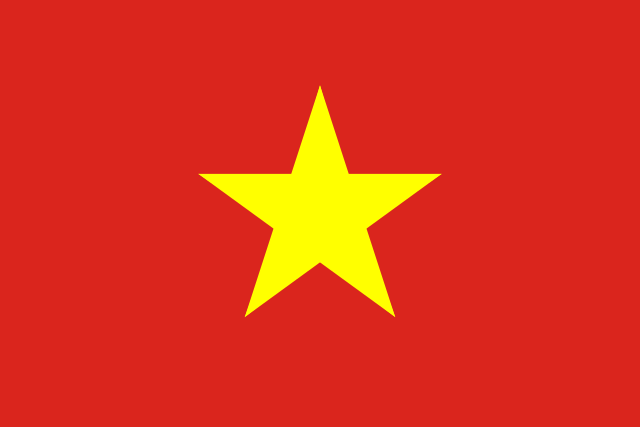Idle speculations on lost opportunities in US-Vietnam relations.

I suspect, from all that I’ve read over the years (particularly books like “The Last Valley”), that Vietnam is and likely always was probably the least communist of all the “communist countries,” past and present. (Today it certainly isn’t. Even China doesn’t hold a candle to the mass capitalism of modern Vietnam.)
Communism for Vietnam was, in essence, a successful political and material organizing mechanism for national liberation and an ideology for poverty reduction and social modernization. If you look at the World Bank’s inaugural (1977) report on the unified Vietnam, it’s clear that the Communist Party began dismantling communism — particularly the necessary wartime central planning — and began reorganizing the entire economy of both halves of the country within about a year of the war’s end. There’s also a lot of emphasis in the United States – because of who we backed in the war and our many South Vietnam military and political refugees – about the postwar reprisals, but there’s far less acknowledgment of how fast the postwar Vietnamese government reintegrated and reconstructed southern Vietnam’s economy after the war. And all that transformation was happening in 1975 and 1976, before even the sweeping liberalizations of the late 1980s and early 1990s.
Politically and governmentally, communism was a good model for supervising the war effort in Vietnam’s wars of independence and unification from 1945-1975. It proved itself in battle for decades. Once they won, it went away because its utility was past.
For Vietnam, even economically, communism was never an interim state before utopian socialism. It was an interim state before broad-based, social, and artisanal capitalism – a capitalism that cares about the little people and gives them a real shot in life.
It was the dictatorship for the proletariat to get the West out of Vietnam and itself out of extreme poverty.
And in many ways, quite unexpectedly, the state, as Engels had predicted so long ago, began to “wither” away in Vietnam as its core re-alignment goals were achieved through force and central planning. Direst poverty and the misery of basic, marginal existence has largely been eliminated in Vietnam (although the moderately poor still remain a significant share of the populace) and replaced with micro-entrepreneurial opportunities, and the colonial powers have been removed from the country. In just the span of a decade or so, state-run enterprises have been dramatically scaled back (much faster and more deeply than in China). Even the political power within the communist party has been spun dramatically away from the center and toward the regional level.
I sometimes wonder if things might have been different had Ho Chi Minh just called it “Vietnamism” – the ideology of freeing Vietnam – not communism. They could have called the party the Vietnam National Liberation Party or something and been really vague.
Granted, part of the problem is that — after anti-colonial sympathizer Franklin Roosevelt’s unexpected death — the Vietnamese liberation leaders (including Ho Chi Minh) were initially rebuffed by the United States as World War II ended and they needed weapons in a hurry to resist France’s return after the Japanese occupation. They felt, probably correctly, that if they waited even a moment too long, France would completely re-secure its foothold in Indochina and might never leave again. Therefore, they asked the Soviets and Chinese Communists for weapons, because they couldn’t wait for the United States to make up their minds on the status of European colonialism in southeast Asia.
But if Ho Chi Minh had been able to wait until even 1953, he could probably have pitched his ideology to Eisenhower as National Liberation + Freedom + Vietnam’s American Dream. And then Eisenhower and Allen Dulles could have just made it rain weapons “against Red China” (and, to be fair, against France, which they’d likely have pushed to leave).
Then again, probably none of this would have occurred. Any land reform or major redistribution of economic power and national wealth was viewed as pinko, creeping communism. Just ask Mosaddegh.
But if Vietnam had been liberated quickly, much misery and death could have been avoided, and it probably would have been one of the earliest Asian Tiger Economies, except perhaps even more socially-minded.
Not to mention that 58,000 Americans would not have been killed (with many thousands more wounded mentally and physically for life), and the United States would not have had to waste so much money at a time when it needed to secure the new Great Society institutions from the coming Reagan Revolution.


